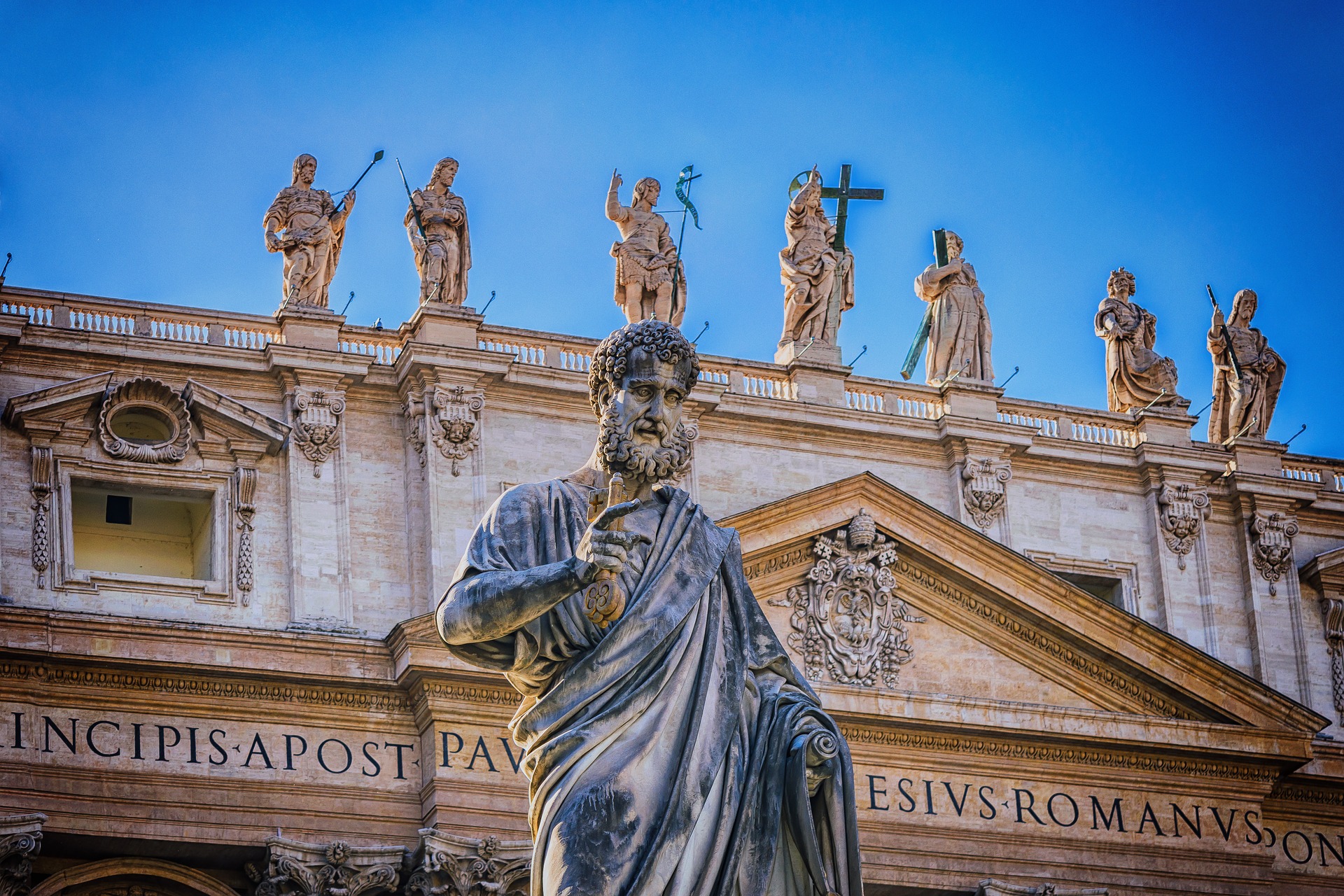One of my earliest memories is of watching the news on television. It was the late 1960’s, and we had only three TV channels in those days—this was in France—and they were filled with images from America, white police officers turning water hoses and dogs on Black protesters in city streets. I wasn’t old enough to understand what it meant, and I cannot remember if my family even discussed the events we were watching unfold; I do remember the violence of the images, though, and they haunted my sleep.
Later, probably much later, when I learned about the history of the civil rights movement, I wondered at the courage of those people who’d put themselves in harm’s way for the sake of what was right. I hadn’t quite grasped the concept of sacrifice—despite what the nuns were teaching me in school!—and it seemed either very brave or very foolish to go into a situation knowing the outcome would most probably be violent. I was at the same time learning the history of the early Church, and my dreams were twisted—scenes of Christians in the Coliseum mixed with Black kids being beaten. It was a bad time.
I know a great deal more now about both these situations, but what I’ve retained from my childhood is the wonder at people willing—and in many cases eager—to put their lives on the line.
I was reminded of that when I read today’s passage from the Acts of the Apostles. Gamaliel was a teacher of Paul and was a leading exponent of a more liberal and humane interpretation of the Law, and he was the voice of reason in this council. As soon as the apostles left, he addressed the assembly, warning council members not to be too hasty in their judgements. He gave two examples of leaders—Theudas and Judas the Galilean—who’d started rebellious movements and, in both cases, attracted quite a large following of supporters.
Both of these leaders died and, when they did, their movements fell apart. Gamaliel draws a conclusion from that: the revolts weren’t meant to succeed. And if this “Jesus movement” was left alone, it too might fall apart—after all, its leader, too, was dead. Leave these people alone, he counseled; if the movement is just another human endeavor, it will destroy itself, you don’t have to help it on its way. On the other hand, if it comes from God—well, there’s nothing you could do to destroy it anyway.
While Gamaliel was persuasive, the Sanhedrin still for good measure wanted to have the last word, and they had the Apostles whipped—forty lashes minus one, according to Jewish law. It was without doubt a horrible experience. Yet Peter and his companions left the council rejoicing “that they were considered worthy to suffer dishonor for the sake of the name.”
They were experiencing the blessedness Jesus had spoken of in the Sermon on the Mount: “Blessed are those who are persecuted for righteousness’ sake, for theirs is the kingdom of heaven. Blessed are you when people revile you and persecute you and utter all kinds of evil against you falsely on my account. Rejoice and be glad, for your reward is great in heaven, for in the same way they persecuted the prophets who were before you.”
The message of the Gospel is clear. It is a message of love, of inclusion, of joy. It is also a message of sacrifice, of responsibility, and of suffering. Generations have been willing to be persecuted for righteousness’ sake: the Church calendar is filled with martyrs. As people continue to put their lives on the line for what they know to be right, I will continue to be both horrified and inspired—horrified by the cruelty of some, and inspired by the faith and fortitude of others.
And while the civil-rights workers sang, “We shall overcome, the Lord will see us through,” I realize that in many smaller ways, I, too, can overcome. I can in my life’s situations stand up for those who cannot stand up for themselves. I can in my life’s situations speak out against injustice, cruelty, and oppression. I can in my life’s situations live the Gospel as clearly and completely as possible.
I can learn from the past. I can overcome.
 Jeannette de Beauvoir is a writer and editor with the digital department of Pauline Books & Media, working on projects as disparate as newsletters, book clubs, ebooks, and retreats that support the apostolate of the Daughters of St. Paul at http://www.pauline.org.
Jeannette de Beauvoir is a writer and editor with the digital department of Pauline Books & Media, working on projects as disparate as newsletters, book clubs, ebooks, and retreats that support the apostolate of the Daughters of St. Paul at http://www.pauline.org.
Feature Image Credit: Tama66, https://pixabay.com/photos/apostle-bible-rome-1701732/
